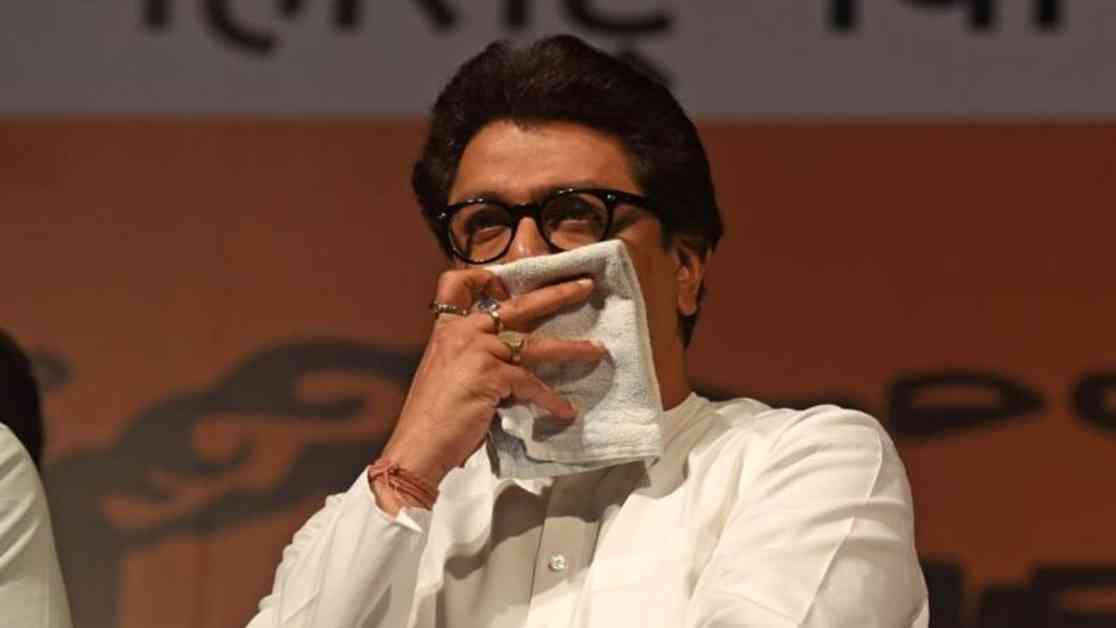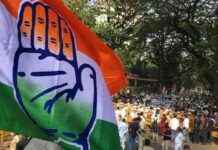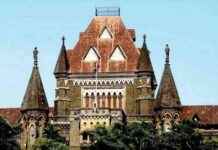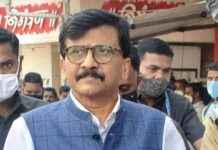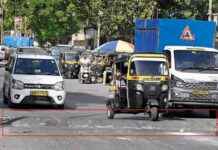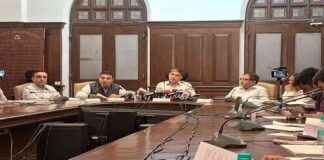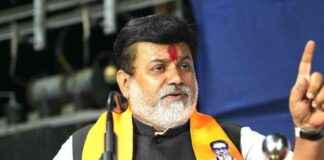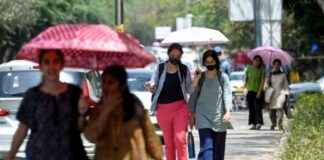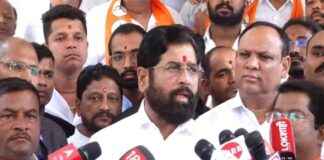Raj Thackeray Slams Voters for Neglecting Key Issues
The Maharashtra Navnirman Sena (MNS) chief, Raj Thackeray, expressed his deep concern over the outcomes of the recent state assembly election during his New Year message. Thackeray highlighted that despite the significant changes in Mumbai over the past 25 years, the people of Maharashtra still feel a sense of “insecurity” due to the lack of job opportunities, especially for the Marathi community.
In his candid statement, Thackeray pointed out that while job opportunities are readily available for individuals from outside the state, local youth continue to struggle with unemployment. He emphasized that the issue of unemployment transcends caste barriers, yet individuals are often made to feel otherwise, leading to unnecessary conflicts among different social groups. Thackeray also shed light on the detrimental impact of inflation on various sectors, including farmers and the underprivileged, further exacerbating the challenges faced by the working class.
Despite being the go-to party for addressing these pressing concerns, Thackeray lamented that the voters tend to overlook the Maharashtra Navnirman Sena during elections, thereby hindering the party’s ability to enact meaningful change. Reflecting on the recent election results, where the MNS failed to secure a single constituency with a meager 1.55% vote share, Thackeray acknowledged the need for a strategic reassessment within the party.
Struggling with the aftermath of the election defeat, the party’s reputation as a “regional party” and its iconic railway engine symbol have come under scrutiny, raising questions about the future trajectory of the MNS. Thackeray’s son, Amit, also faced disappointment in his electoral debut, finishing third in the Mahim assembly constituency. The drastic decline in the party’s performance, from winning 13 seats in 2009 to securing only one seat in both 2014 and 2019, underscores the need for a comprehensive reassessment of the MNS’s political strategy and public perception.
Political analyst Mrinalini Naniwadekar highlighted the electoral threshold set by the Election Commission of India (ECI), emphasizing the importance of securing a minimum percentage of votes to maintain party status and symbol. The MNS’s recent electoral setbacks have prompted calls for a course correction within the party, urging members to consider potential alliances to strengthen their political relevance and appeal to a wider voter base.
As Raj Thackeray contemplates the future direction of the Maharashtra Navnirman Sena in the wake of electoral setbacks, the party faces a critical juncture that will define its trajectory in the evolving political landscape of Maharashtra. Will the MNS rise to the occasion and address the pressing concerns of the people, or will it continue to grapple with electoral challenges and internal restructuring? Only time will tell the fate of the MNS and its quest for relevance in Maharashtra’s political sphere.
